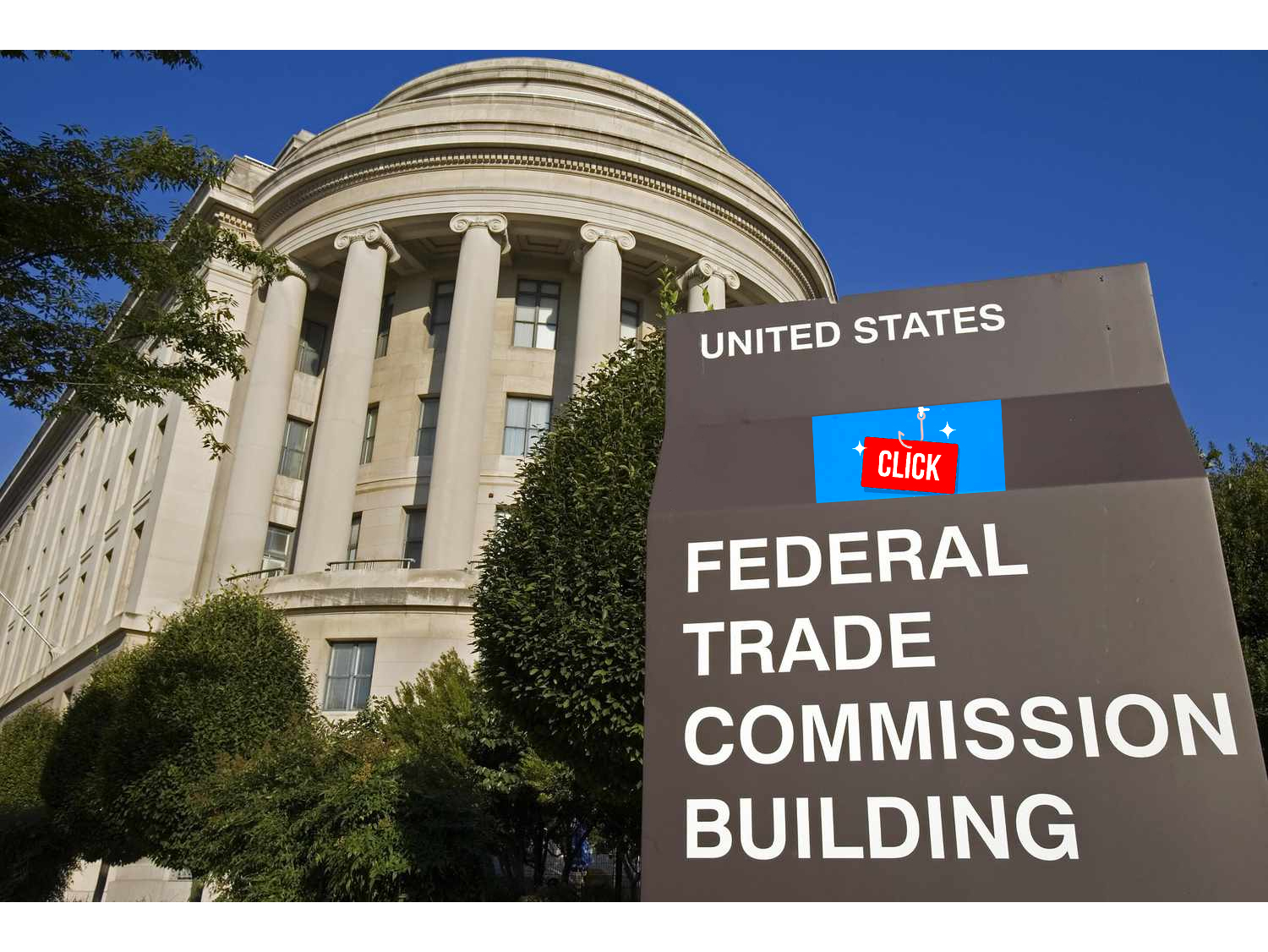FTC Cracks Down: New Rules For Audiophile And Home Theater Reviews
The FTC's new ruling exposes hidden perks audiophile reviewers receive for glowing reviews. This crackdown aims to restore trust in audio gear reviews.
It’s about timeThat swamp has been ripe for a good draining for, what, 50 years?


My initial feeling is that this is a very big deal for the high-end audio industry!
This is a more complicated analysis, but it appears to me upon a quick, initial reading that an influencer in a small industry like high-end audio can qualify as a "well-known person" in that industry under the rule, and that such persons' reviews and posts would qualify as "Celebrity Testimonials."
The definition of Celebrity Testimonials is:This is a more complicated analysis, but it appears to me upon a quick, initial reading that an influencer in a small industry like high-end audio can qualify as a "well-known person" in that industry under the rule, and that such persons' reviews and posts would qualify as "Celebrity Testimonials."
This is not the text of the actual regulation. I already posted the text of the actual regulation.
Federal Trade Commission Announces Final Rule Banning Fake Reviews and Testimonials
The Federal Trade Commission today announced a final rulewww.ftc.gov
It is irrelevant. I made no reference to it or its comments.I never heard of "cecritic.com". On the surface they are anonymous. They don't say who is funding them, but they do sell advertising.
Again, the only part of the FTC release that is completely authoritative is the regulation itself:Although they are a political organization, I have no problem with a statement of rules from the FTC. I suggest relying on official FTC communication rather than the heavily editorialized account on the cecritic.com web site.
This is about reviews generally and does not 'target' audiophile reviews.

The FTC Is Not Targeting "Audiophile Reviews" - Twittering Machines
Michael Lavorgna's Twittering Machines: HiFi with a twisttwitteringmachines.com

